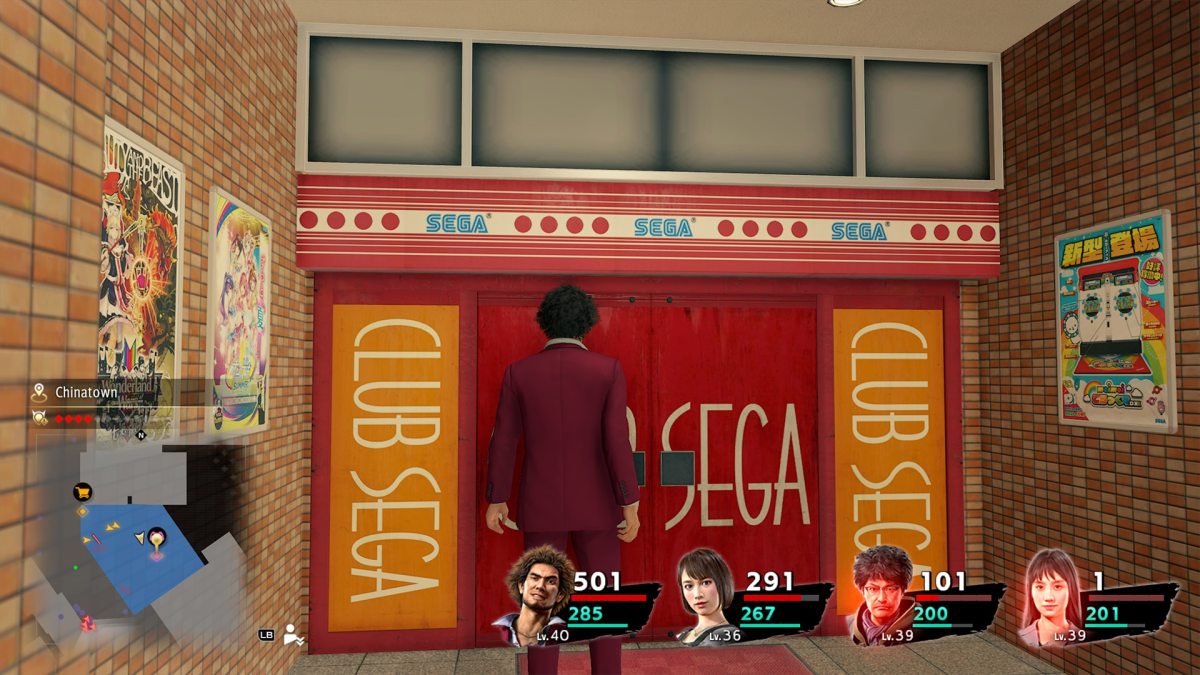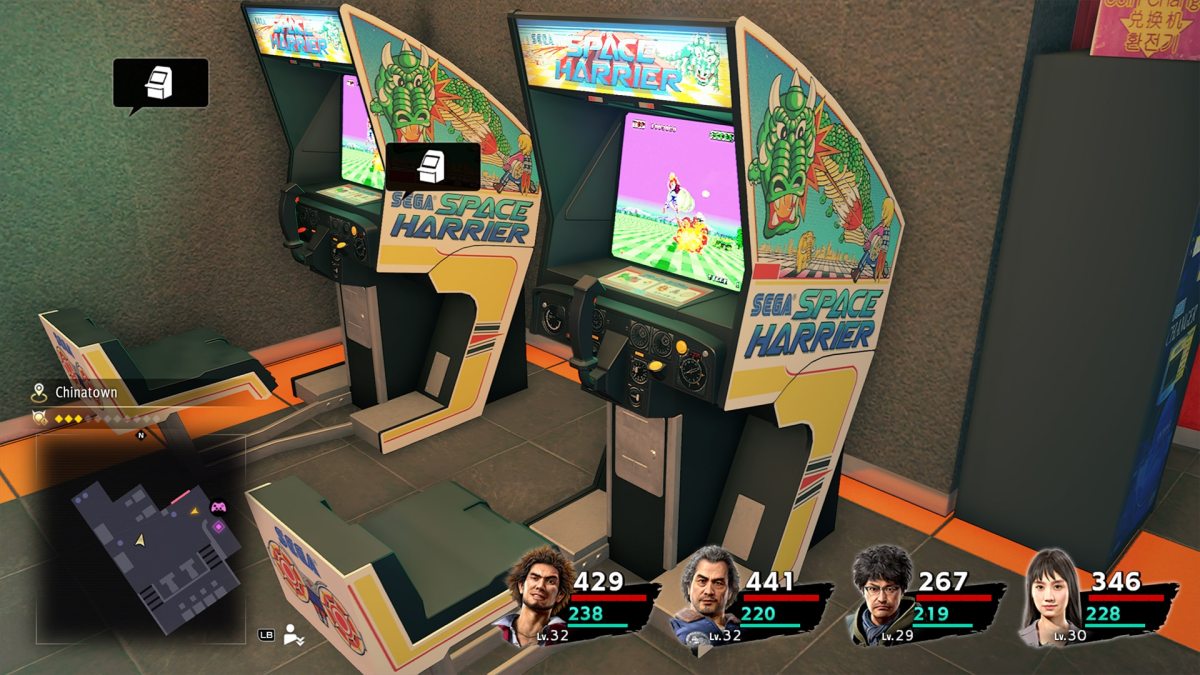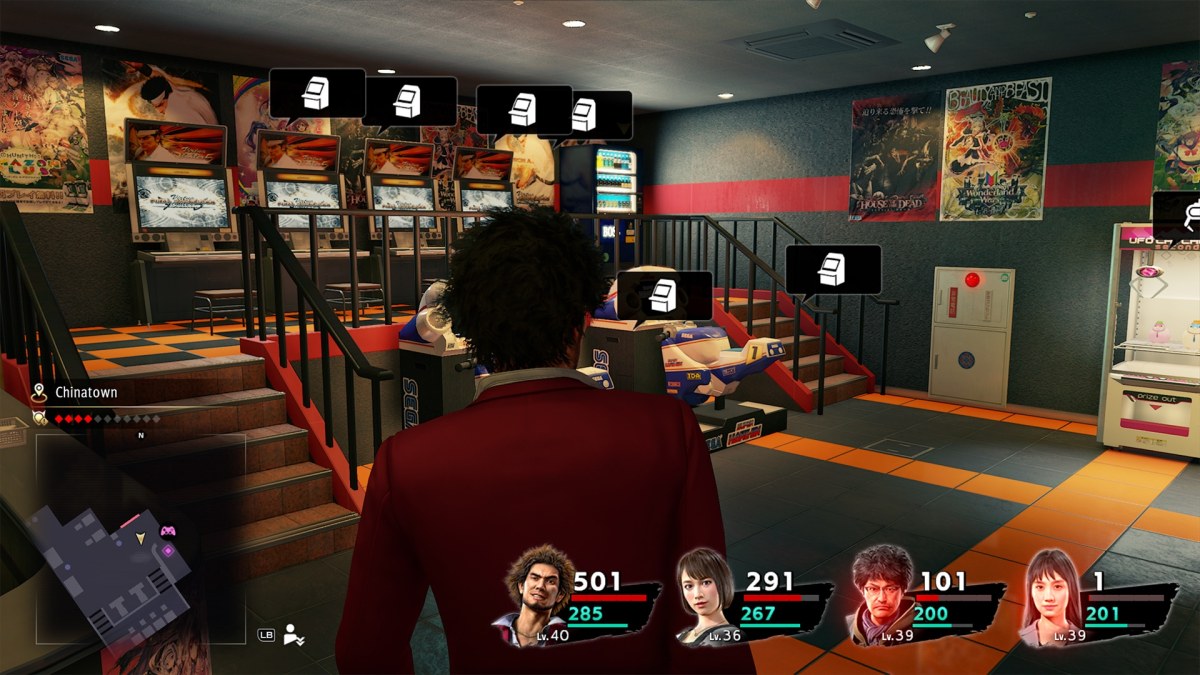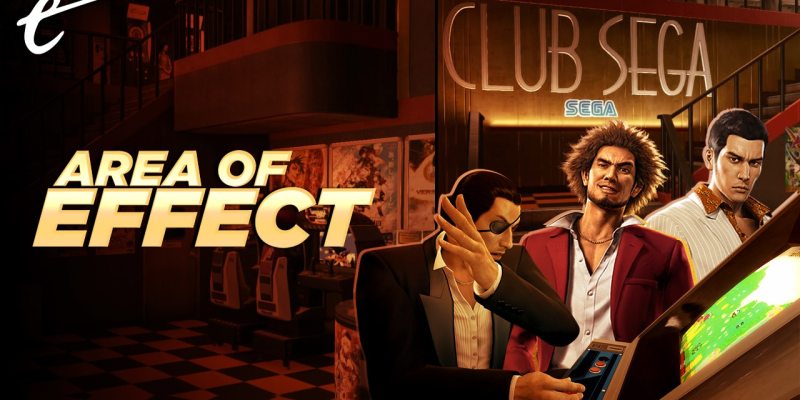Sega’s arcades are dead; long live Sega’s arcades! No, I’ve not been at the gin, though the news that hardware-manufacturer-turned-games-company Sega has quit the arcade business is enough to have me reaching for the bottle. I’ve touched on my love of arcades before, and on reflection, heading into town and ducking into a dingy, poorly lit arcade seems like asking for trouble. But at the time, it was preferable to spending my lunchtimes at school.
Those money-gobbling cabinets hold a special place in my heart to the point where I’ll sometimes take a detour to my local seaside town, just to visit one of the few remaining arcades. That’s why I’m so gutted to see Sega shutter its Japan-based arcade division. Granted, it’s sold its locations to Genda Inc. and the arcades will be rebranded as “GiGO.” But without the prestige of the Sega brand, and factoring in the impact the pandemic has had on Japan’s arcades, how long is it before they’re as dead as the Sega Dreamcast?
But these Sega arcades will live on forever, and it’s all thanks to the Yakuza series and its spin-offs. Yes, the same open-world action adventure that lets you pummel someone with a street sign or has you hunting down a missing child will also let you chill in a recreation of one of Sega’s glittering game palaces.

It should, in theory, create some kind of tonal disconnect, but the series manages to make it work, not least because some of the sidequests are already pretty absurd. When you’ve been chasing “Professor Panty” in Judgment, stepping into an arcade called a “Club Sega” is a return to sanity.
Because that’s what it’s all about, immersing yourself in the spirit of a Club Sega. You could clandestinely download a Space Harrier ROM or stick an Arcade1Up machine in one corner of your lounge, but it wouldn’t give you the full arcade experience. Club Sega in Yakuza oozes that atmosphere.
For their part, Shenmue I and II have arcades as well, dingier ones that are truthfully more representative of the ones I grew up with. But passing through the doors of a Club Sega is like stepping into Wonderland. There are the UFO Catchers, the Super Hang-On machines complete with ride-on bikes, the Virtua Fighter cabinets, and much, much more. And while it wasn’t until Yakuza 5 that you could sit down with one of several playable arcade cabinets, just being there, letting the background noise fill your ears, was an experience itself.

If, like me, you grew up with less impressive arcades or have never stepped inside one, the Yakuza Club Segas might seem like pure fantasy, especially now. For most of the world, that’s currently the case – as this Den of Geek article points out, the more home consoles became capable of offering a comparable experience, the less popular arcades became. The seaside arcades that I sometimes visit are increasingly dominated by slow machines or games that spew out tickets instead of more traditional stand-up cabinets.
But unlike in the rest of the world, Japan’s arcades thrived long after they’d declined elsewhere. The linked article suggests this is due to arcades being so heavily ingrained into Japanese culture. Others have said that, due to Japan’s predilection for small-space living, arcades served as a suitable place to gather and mingle with friends.
One minor disappointment is that the arcade games you’ll run into playing Yakuza or Judgment games are always Sega titles. So, there’s no Street Fighter II to play yet, though Kazuma Kiryu could probably kick your backside at Virtua Fighter 5. But who knows? Maybe Sega will find a few trillion down the back of the sofa and use it to buy Sony, Microsoft, and Capcom, and then we’ll be sorted.

Digital preservation is rightly a concern, especially when it comes to games. However, as Yakuza proves, you can also preserve spaces that, for whatever reason, may no longer exist in their current form. Yakuza Club Segas aren’t identical copies of actual Sega arcades, but they’re not far off. They sport the same style, both inside and out, to the point where Yakuza 0, set in 1988, makes the effort to match the appearance of Sega’s ‘80s-era arcades.
So, while Japan’s Sega arcades will no longer be Sega arcades, you can step into Yakuza and Judgment’s shared world (or Shenmue if you want to slum it) and still experience them virtually. You can play with the uncharacteristically generous UFO Catcher, take a selfie with Space Harrier, or abandon your detective / gangster duties to hone your Puyo Puyo skills.
The irony is that, were it not for the failure of the Sega Dreamcast, the Yakuza series wouldn’t be around to preserve this chunk of Sega history. Sega’s arcades may seem destined for the same deep pit as the Sega CD, the Sega 32X, the Saturn, the Dreamcast, and Alex Kidd’s decaying, monkey-faced corpse, but thanks to the Yakuza series, they’ll never truly be gone.
